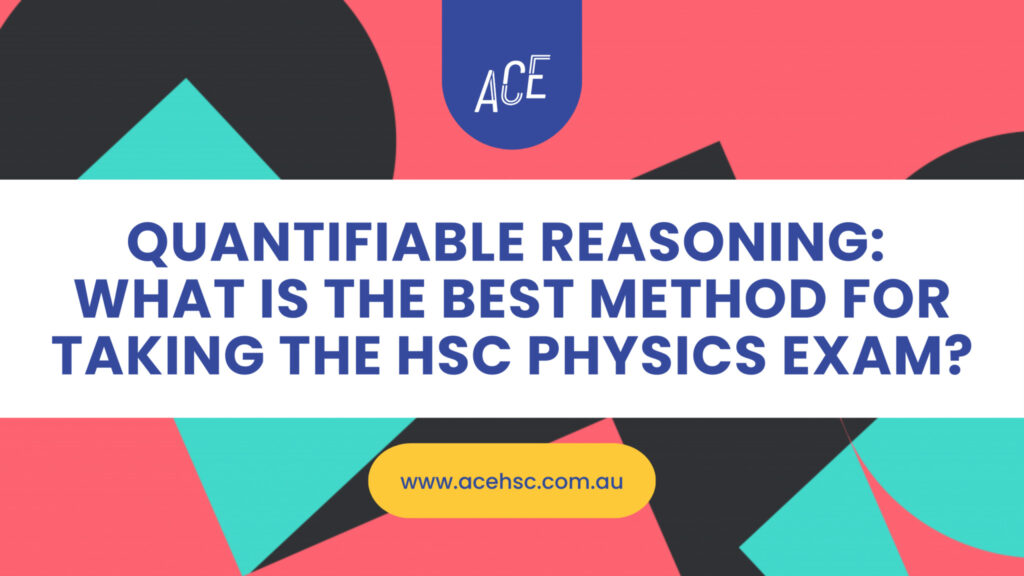
When it comes to taking an exam, ultimately what works best for you is the best method. For the initial preparation, whether it is rote memorisation, focusing on questions on high rotation or colour coding your textbook, the exam itself is the final test of your preparedness and dedication.
At ACE HSC Tuition we can suggest a few healthy and proven practices for your exam day preparation that will see you through the day.
1. Know The Exam Layout
If you haven’t already ascertained from your practice exams, traditionally there are two sections to the HSC physics exam. One section consists of approximately 20 multiple-choice questions, and the other is short answer extended response questions.
The different grading for these sections can be 1 mark for multiple choice, 2-5 marks for short responses and 6-9 marks for extended responses and graphing.
A Good Tip: On the day, once you are permitted to begin, mark each question you can confidently answer. For any questions, you can not immediately answer or do not recognise, mark them with a question mark or a cross. Once completed tally up the total marks to the questions you can optimistically answer and you will have your benchmark of minimal grade expectation.
While this tip does take up 5 minutes of your exam time, it does help mentally prepare you for the challenge ahead and ease those counterproductive anxieties.
2. Identify the challenges in the questions

Multiple-Choice:
The answer is literally right there in front of you. What challenges to expect are, the inevitable “trick” question that catches you in the wording and the obscurity of the question as it can be drawn from anywhere in the syllabus.
A Good Tip: Expect the “trick” worded question, read the question twice before answering and read it slowly.
Short Response:
This type of question tests your ability to recall and articulate the theory from the syllabus. While it often only requires a quick factual 1 or 2-sentence response, the question can be drawn from anywhere, even from the footnotes.
A Good Tip: If you are not entirely familiar with the scenario described, approach the question pragmatically by considering what similar questions have you previously worked on that are related to the topic and ascertain from there what keywording and formula is needed in the answer.
Extended Response:
Often these questions require a proven theory, supporting calculations, graphs or diagrams as well as your opinion backed by sound scientific reasoning. Each adds to the overall mark you will be awarded. You need to have a firm idea of the laws and theorems the questions are based on. As for the graphs and diagrams, they are typically the same graphs you have seen over and over again, they are simple enough to replicate and very quick to draw.
A Good Tip: Don’t waste time writing out the theory as it appeared in the textbook, revise the theory in your own words to only highlight the factors the question is addressing. Before the exam, try writing down different ways to explain the theory that focus only on key quantifiable concepts. In the exam, you can bullet point each theory and then draw the relationship to each alternative theory they relate to.
3. Managing Your Stress and Physical Preparation

With exams, you are required to focus on one subject for long periods of time. Fatigue can be overwhelming and the inevitable hand cramps, pressure sores and back strains can slow you down. Instead of dreading them, focus on what you can do to minimise and manage them.
A Good Tip: When you feel a yawn coming on or a dip in concentration, rub your hands together quickly and then apply them to the surface of your face. This promotes blood circulation and revitalises your facial muscles.
A Good Tip: Plan your stretches, and mentally schedule yourself a hand, arm and back stretch throughout the exam.
A Good tip: At the beginning of your HSC study year, tape a AA battery/marble to the end of your pen or pencil. Use this throughout your study preparation to strengthen your hand muscles and increase your writing speed. During the exam, remove the battery from your pen and watch your pen scribble at super speed.
Needing extra help with your Physics exam Preparation?
ACE HSC Tuition offers tutoring for year 11 and 12 high school students. Call ACE HSC on (02) 9874 7045, email us or make an enquiry about our HSC physics tutoring program if you want to find out more.
Related Articles:
http://acehsc.com.au/improving-at-abstract-reasoning-in-the-ucat/
http://acehsc.com.au/the-analytical-skills-required-for-a-practical-exam/
http://acehsc.com.au/how-to-prepare-for-the-ucat/


